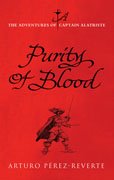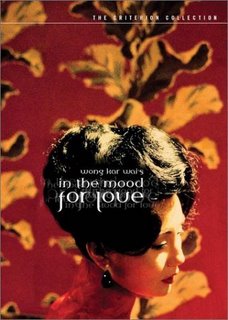Favourite Things That Aren't Books
- Yoga
- To think I almost skipped my first yoga class because my ex was in the studio - Hamsters + Puppies + Kittens
- Small, furry four-legged things. I never understand fish as pets. Fish has no fur and you can't pet them very much. - Heavy silver rings and pendants of Egyptian designs
- I take to silver. But for some reason I hate gold. - Fountain Pens
- I spend too much time staring at them. The nice lady at Elephant and Coral recognises me because I go there too often. And she still remembers the Pelikan I bought from her 4 years ago. - Pretty notebooks and journals
- er - not really, books? - Lapis Lazuli
- The brilliant blue captivates me. - Sculptures in wood, stone and clay
- I like the idea of bringing form to raw material. - The Sound of Fountain Pen Writing On Good Paper
- Listen closely. It's beautiful. - Silence
- Not enough of it.



